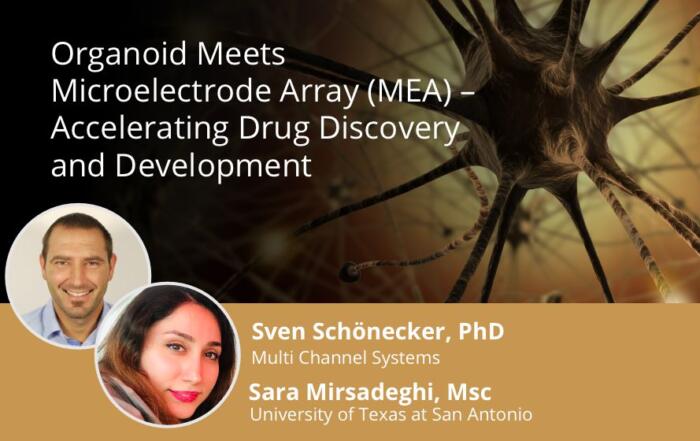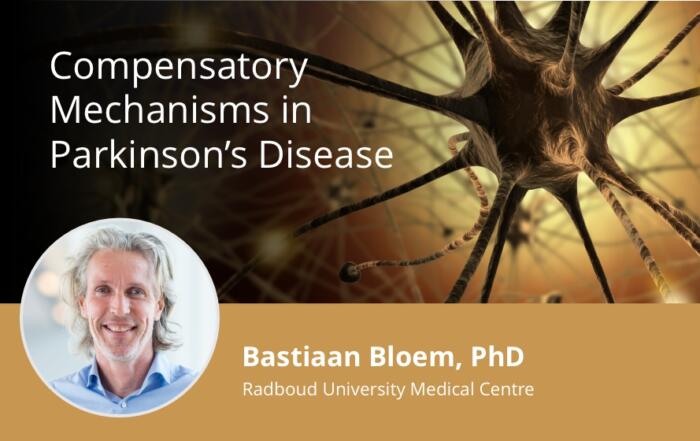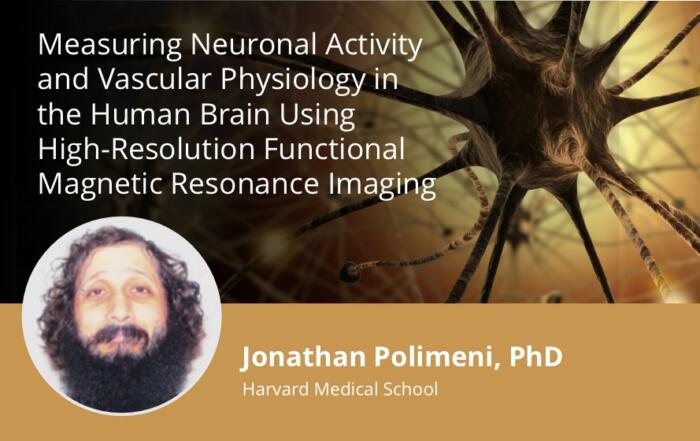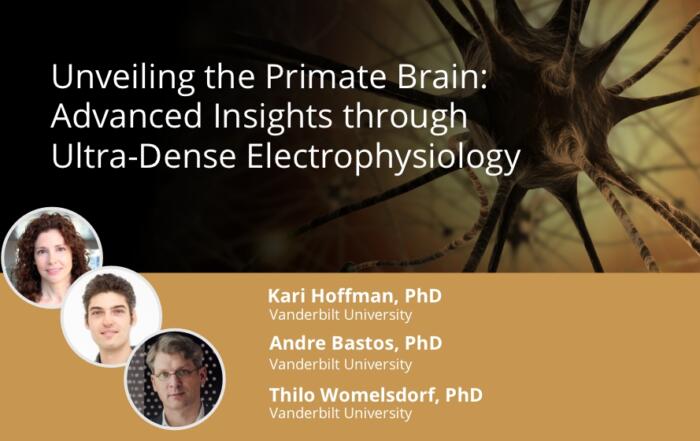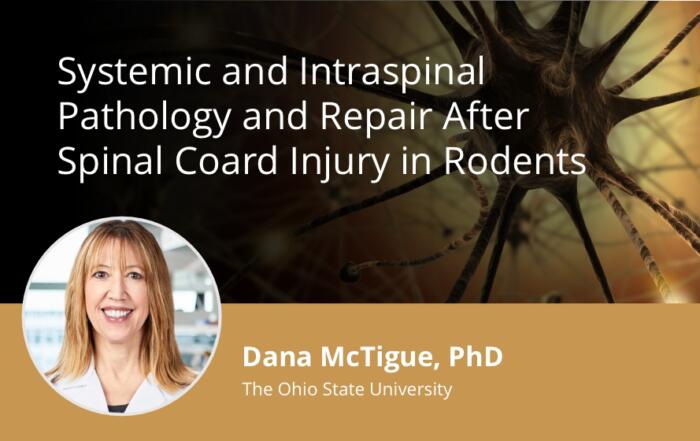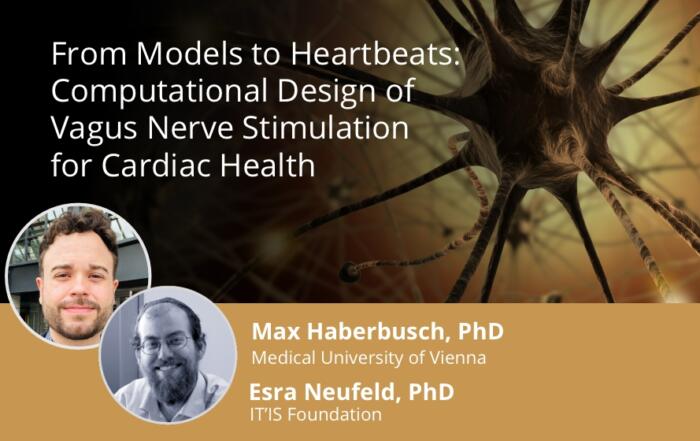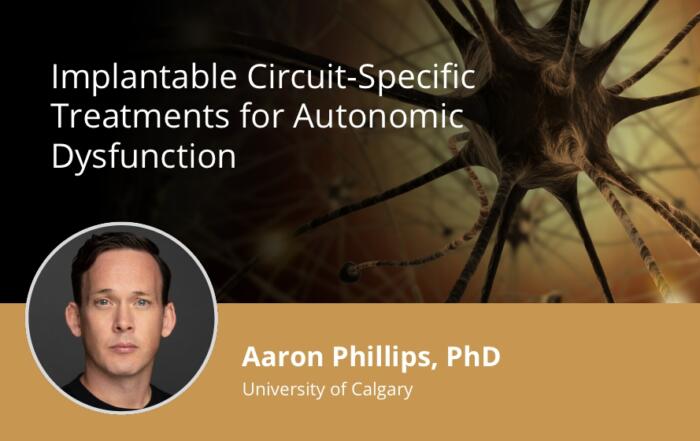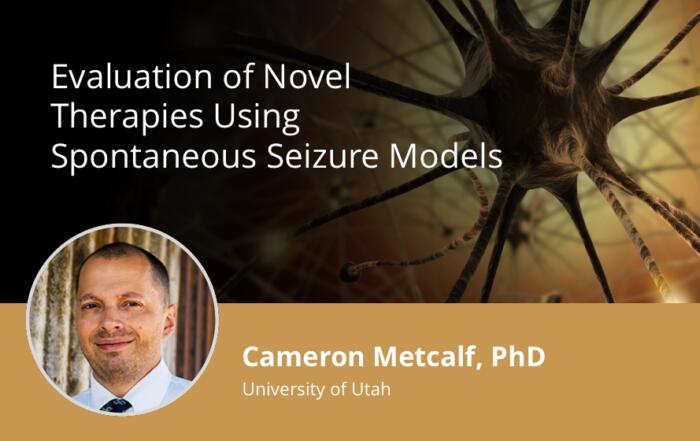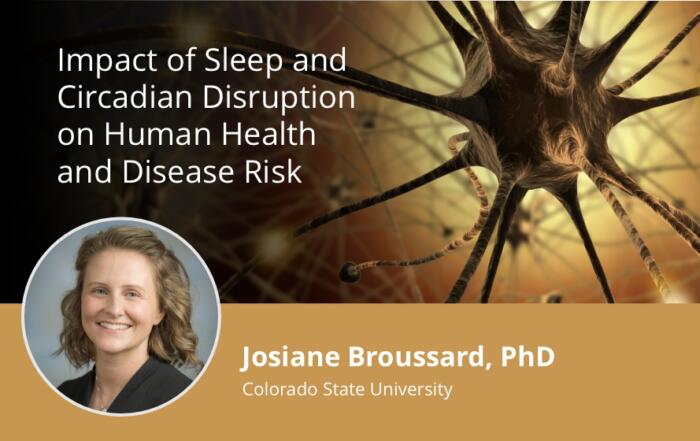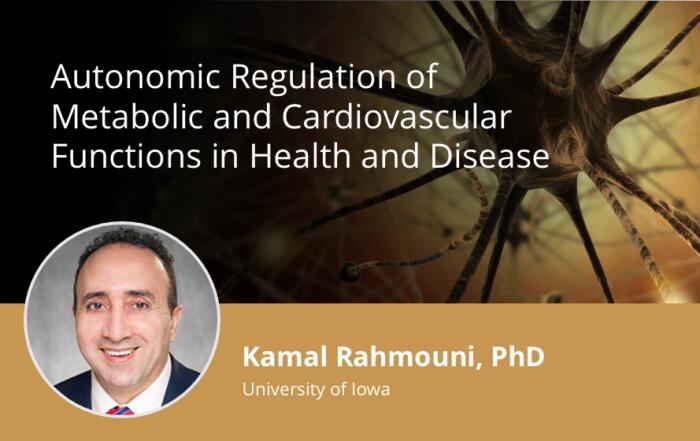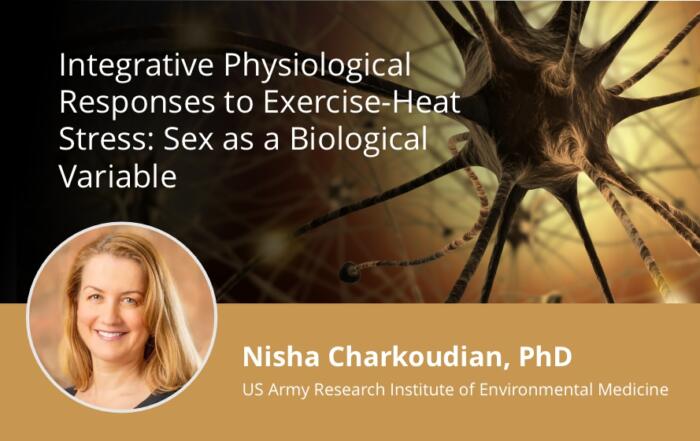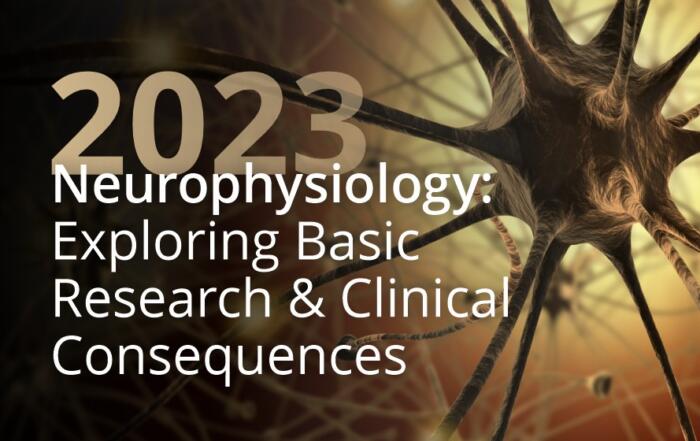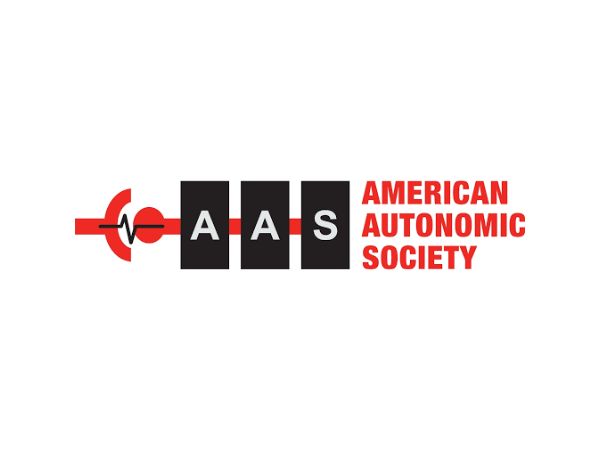
American Autonomic Society
Address: La Jolla , California, United States
Website: https://americanautonomicsociety.org/
Phone: (858) 534-3865
The American Autonomic Society (AAS) has been established to bring together individuals from diverse disciplines who share an interest in the structure and function of the autonomic nervous system and in the pathology, treatment, and prevention of its disorders. The Society sponsors annual meetings and provides a point of contact among the many interested clinical and basic scientists who wish to communicate across disciplinary lines.
The AAS began informally in 1990 at Vanderbilt University in Nashville, Tennessee. Important motivating force for the initial meeting were Dr. David Robertson and Ms. Dorothy Trainor-Kingsbury (Shy-Drager Support Group). The Society was formally established in 1992, and Dr. Robertson became its first president. The broad aim of the AAS is to provide a vehicle for investigators and clinicians interested in the autonomic nervous system to interact. It aims to promote research, education, and the academic practice in the autonomic disorders. The Society has escalated in its membership, successfully obtained tax-exempt status, adopted a formal charter, and has its own journal (Clinical Autonomic Research).
The Society has an American infrastructure but a strongly international character. Its membership is open to persons of all countries who share the same interests. During the past quarter century, the AAS has expanded from less than 50 members in 1992 to over 150 members today, focusing on both clinical and basic science, and has taken on a new role in the education of physicians in autonomic disorders. The collegial atmosphere and ongoing collaborative efforts has sparked several important discoveries that directly impact the lives of people with autonomic disorders. Partnerships with support groups have expanded the reach of the AAS into the public eye, while partnerships with industry have culminated in approval of new therapies for people with autonomic disorders.

